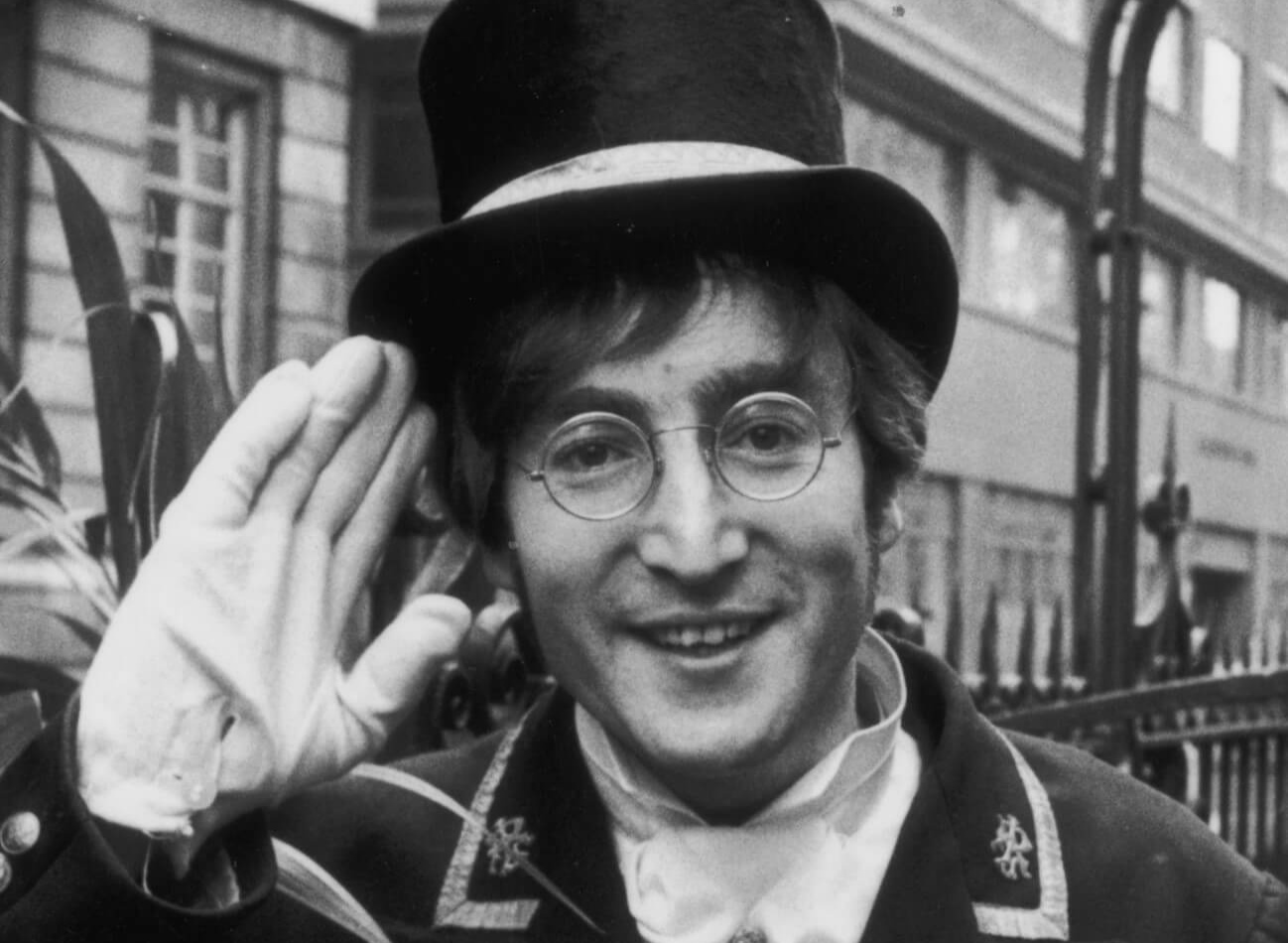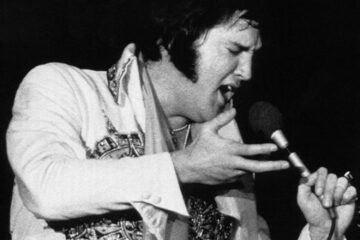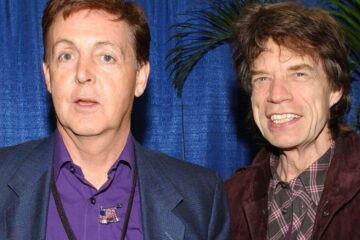John Lennon wanted The Beatles’ “Revolution 9” to become a B-side. The other members of the Fab Four had a different view of the song. Subsequently, The Beatles’ next B-side wasn’t “Revolution 9,” but another track about the same subject.
Why The Beatles’ ‘Revolution’ became a B-side instead of ‘Revolution 9’
The book Lennon on Lennon: Conversations With John Lennon features an interview from 1969. During the interview, John discussed his intentions for “Revolution 9.” “See, while all The Beatles were on holiday, we’d started doing ‘Revolution [1]’ — the song’ Revolution [1]’ which is on the album, and I wanted to put that out and ‘Revolution 9’ as the B-side,” he recalled. “It was just, literally, the others wouldn’t let me.”
Instead, “Hey Jude” became the band’s next single. “Hey Jude” is a lot more commercial. “Revolution,” not “Revolution 9,” was the tune’s B-side. John said he was more interested in releasing “Revolution” because of its non-violent message than for any other reason.
John Lennon felt he might’ve forced the other members of the band to finish ‘Revolution 9’
John discussed the different tastes of The Beatles. “You see, because we’re all different, we all have different concepts of how far you go,” he said. “I say, ‘Go as far as you can.’ I don’t know what the others say. I can’t quote for the others, but we don’t all think the same.
,
“That’s why we make individual music,” he added. “See, like on The Beatles double album, ‘Revolution 9’ is the track I’m interested in. I had to impose that on them, really.”
John further explained how he “imposed” “Revolution 9” on his bandmates. “I was just putting it together, and George and Ringo were nipping about, getting tapes and cutting them and all that, and we’re just doing it,” he recalled. “I just felt as though … I felt maybe it was my paranoia. I just felt as though I had imposed it on them, on the Beatle product.”
How The Beatles’ ‘Revolution 9’ performed in the United States and the United Kingdom
The Beatles’ “Revolution 9” did not hit the Billboard Hot 100 because it was not a single or a B-side. Its parent album, The White Album, topped the Billboard 200 for nine of its 215 weeks on the chart.
,
According to The Official Charts Company, “Revolution 9” wasn’t a hit in the United Kingdom either. On the other hand, The White Album was No. 1 in the U.K. and lasted on the chart for 37 weeks. In 1987, The White Album reached No. 18 and spent two weeks on the chart.
,
“Revolution 9” is a classic avant-garde track even if it didn’t get as much attention as John would have liked.



